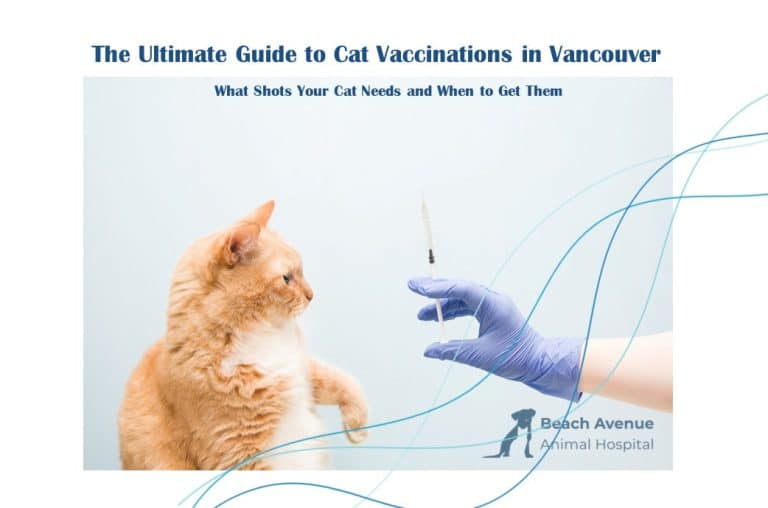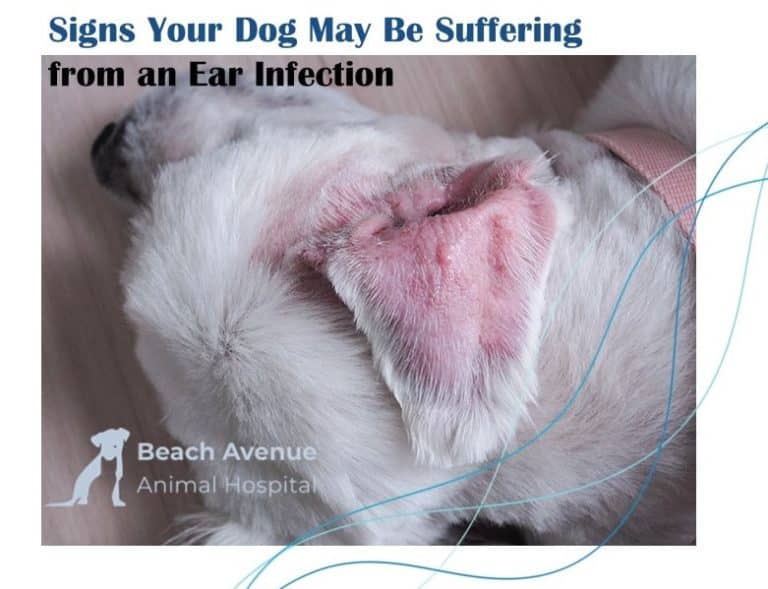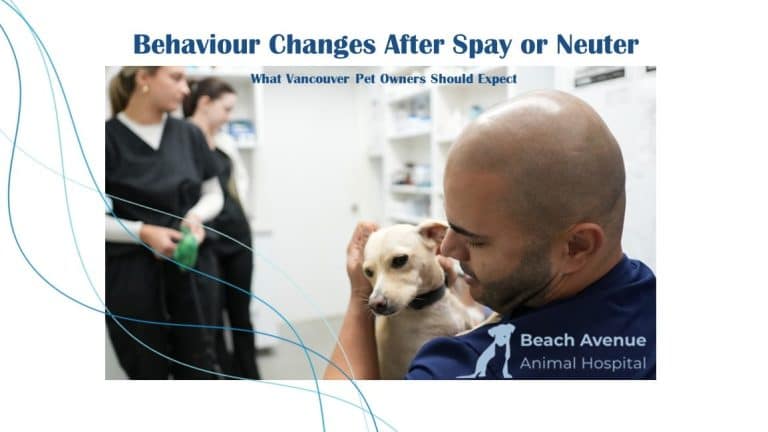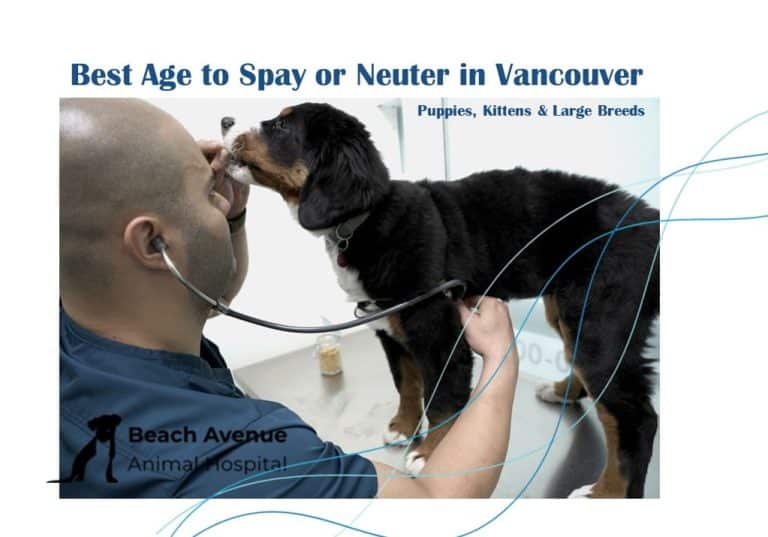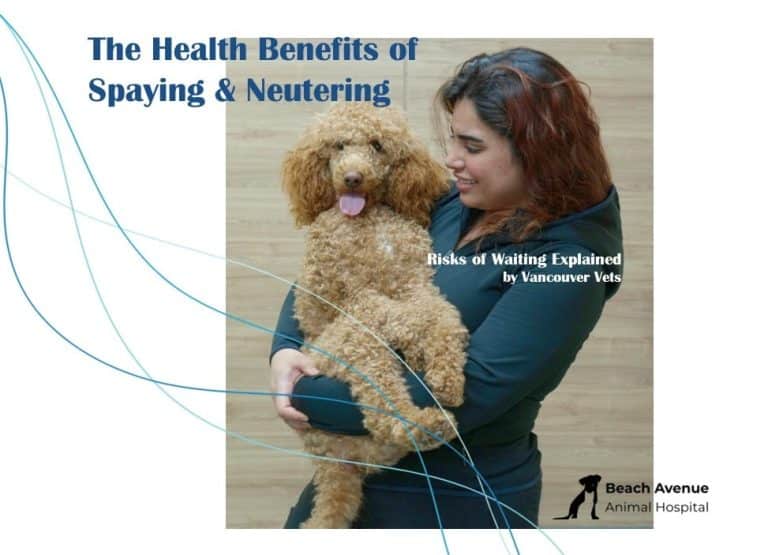Does Your Pet Have Allergies?
If you have an itchy, scratching dog or cat and think your pet might have allergies, you might be right. Dogs and cats can suffer from allergies, just like we do, but their symptoms tend to be different.
So what are the signs of allergies in cats and dogs, and how can you help if you think your pet has allergies?
Allergy Basics
To start with, it helps to understand what an allergy is. An allergy results when the immune system overreacts or becomes hypersensitive to a harmless, often common, substance (called an allergen) that comes in contact with or enters the body. Essentially, the immune system thinks the substance is dangerous and tries to destroy it.
For a pet (or person) to become allergic, they generally need to have been exposed to the allergen more than once and typically multiple times over months or years. However, even young pets can get allergies.
Types of Pet Allergies
Seasonal Allergies
Seasonal allergies are a type of environmental allergy that often gets worse in the spring, summer, and fall. However, allergies in pets can last throughout the year, depending on the cause. That’s because pets can be allergic to more than one plant’s pollen or to other items in the environment that are around all year long, like dust mites or some molds.
Seasonal allergies are typically caused by trees, weeds, and other plants that pollinate during a specific time of year, as well as some molds that tend to bloom inside or out. Around Vancouver and surrounding areas in British Columbia, our pets may encounter pollen in the spring from the large numbers of alder and birch trees, as well as others like ash, elm, maple, mulberry, and oak trees. Pets may also have allergies in June and July to grasses like Bermuda, orchard, Timothy, and sweet vernal. Later in the summer and into the fall, ragweed may be responsible for allergy symptoms in pets.
Flea Allergy Dermatitis
Flea allergy dermatitis (or FAD) is caused by flea saliva. When fleas bite, pets can have an allergic reaction to certain proteins in the fleas’ saliva, which is why this condition is also sometimes called flea bite hypersensitivity. FAD may be more common in warmer months, but it can occur year-round because fleas can survive inside throughout the year.
Food Allergies
Allergies to food are actually not that common in pets, but they can happen. A true food allergy causes an immune response and is related to a specific ingredient in a pet’s food, such as chicken, beef, eggs, fish, or dairy components.
Grains are an uncommon cause of allergies in pets, whereas animal proteins are the cause of most pet food allergies.
Most pets who have issues with food actually have an intolerance, which happens when a certain ingredient or property of the food doesn’t agree with the pet (such as food having too much fat) but doesn’t involve the immune system. Food intolerance usually happens the first time a pet is exposed to the food, unlike with an allergy, which tends to take multiple exposures over time. Regardless, the signs of pet allergies or intolerance are generally the same.
Signs and Symptoms of Pet Allergies
Most pets with allergies have skin issues. Itching is often the main symptom, causing allergic pets to:
- Scratch obsessively
- Rub against furniture
- Shake their head
- Frequently lick, chew, bite, or groom themselves, sometimes to the point where they cause hair loss or hot spots (painful, raw, inflamed areas on the skin that may bleed)
In pets with seasonal allergies, chewing or licking the feet is a common sign, so affected pets tend to have red, swollen-looking paws. Their ears may also be inflamed or infected, and they may have anal gland issues. Seasonal allergies can cause nasal discharge and sneezing, although these are less common allergy symptoms in pets.
The ears and paws are often affected, but the groin, underarms, ankles, and areas around a pet’s eyes and muzzle may also show signs of allergies like irritation and hair loss.
Seasonal allergies may be to blame in a pet with a red, itchy belly who chews or licks the paws or nails excessively.
Pets with flea allergy dermatitis often have an itchy rash or raw, irritated areas on their skin as well as hair loss in specific patterns (around the head and neck or lower back, stomach, and thighs for cats and around the tail, back legs, and stomach in dogs).
Pets with food allergies can have gastrointestinal symptoms, like vomiting and diarrhea, in addition to itchy skin.
Some pets with allergies may get bacterial or yeast infections from excessive scratching and overgrooming. These are referred to as “secondary infections.”
Getting Your Pet Relief From Allergies
We treat allergies in pets similarly to the way human doctors treat people with allergies. However, although some of the medications may be the same, pets process medications differently than people do, so it’s important to remember to NEVER give your pet human medication unless your pet’s veterinarian has prescribed it. Only give your pet medications exactly as prescribed.
Allergies can be tricky to treat in pets. Some dogs and cats respond quickly to treatment, whereas others may need longer-term management.
For seasonal and other environmental allergies:
- Bathing your pet with a pet shampoo after time spent outside can help remove pollen and other allergens. Ask us for recommendations!
- Washing your pet’s bedding frequently may also help minimize exposure to allergens.
- We can prescribe oral and/or topical medications to give your pet relief.
- Some pets might benefit from allergen-specific immunotherapy (commonly known as allergy shots), which desensitizes pets to specific allergens over time.
- There are also some newer oral and injectable treatment options (immune modulators) to help itchy pets. These can provide rapid and long-term relief for pets with allergies.
- Any secondary yeast or bacterial infections need to be treated as well, so we may run lab tests to make sure we’re targeting the right culprit and giving your pet the most effective treatment.
For flea and food allergies:
- FAD can be treated and prevented by keeping pets on flea control products. We may also prescribe corticosteroids, depending on the individual pet.
- We have special hypoallergenic diets and other options we can use to help pets with food allergies.
If your pet is showing signs of allergies or you’re concerned about your itchy pet, give us a call or schedule an appointment today. We’ll rule out other potential causes of your pet’s symptoms and work with you to tailor therapy to your pet.
Let us help your allergic pet get relief!


